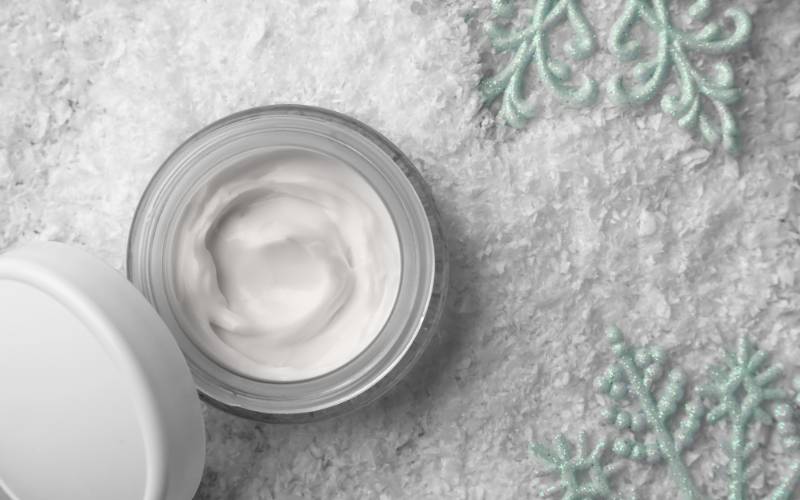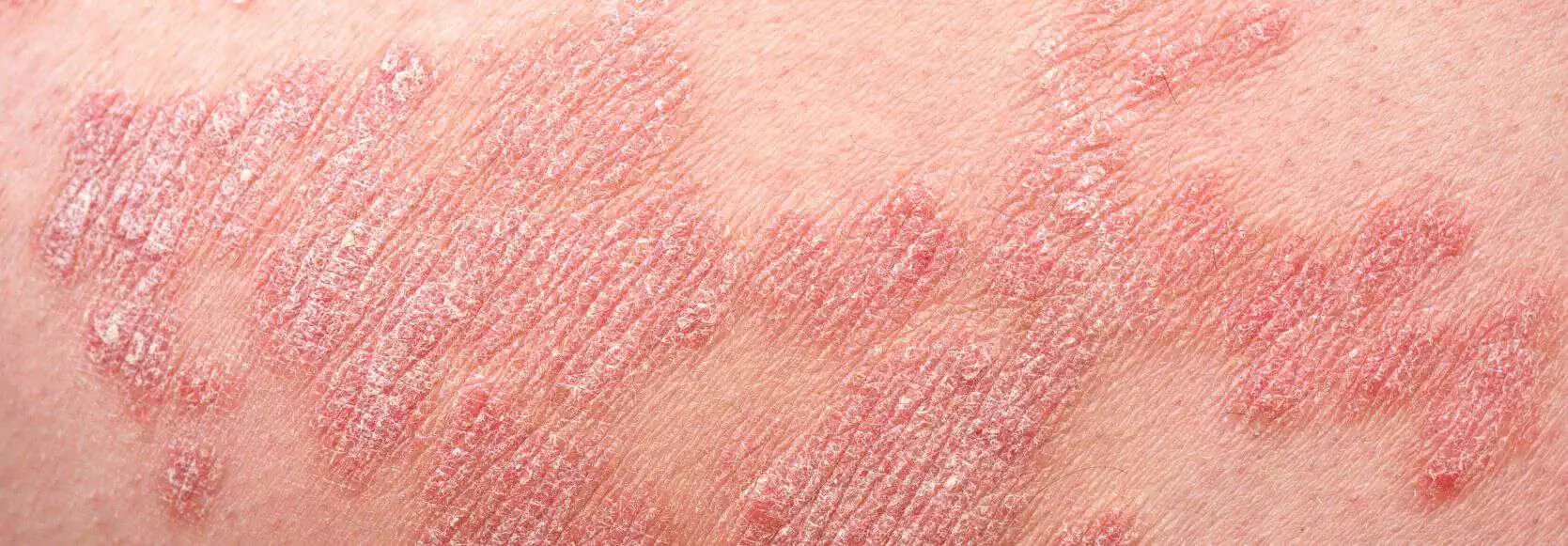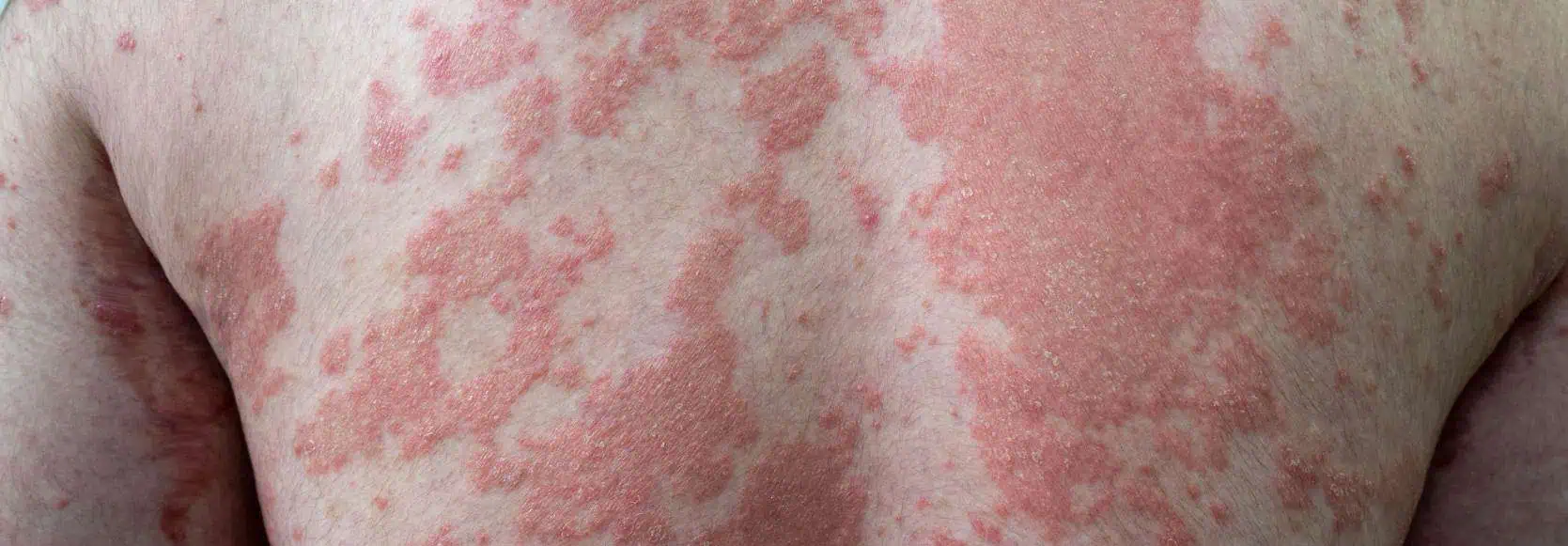Cold weather doesn’t have to damage your skin. With the right care and routines, you can keep your glow alive throughout winter. The key takeaway here is the crucial importance of a winter skincare routine in combatting the harsh effects of cold weather on your skin. We’ll provide practical solutions and strategies that can help you achieve healthy, radiant skin during the colder months.
Understanding the Impact of Cold Weather on Your Skin
1. Cleanse Wisely: Gentle Cleansing Tips for Winter
Why a Gentle Cleansing Routine Matters
Avoiding Harsh Cleansers with Drying Ingredients
2. Hydration Hero: Intense Moisturisation Techniques for Winter Skin
During the winter months, when cold winds and dry indoor air can suck the life out of your skin, intense moisturisation becomes non-negotiable. This is where emollient creams and products with occlusive ingredients come into play.
Emollient creams are known for their ability to soften and soothe the skin. They fill in tiny crevices between cells that are missing moisture, creating a smooth surface. These creams not only provide immediate relief from dryness but also offer long-term hydration benefits.
Occlusive ingredients, on the other hand, are those that form a physical barrier on the skin’s surface to prevent water loss. They work like a sealant, locking in all the moisture and nutrients, hence ensuring that your skin stays hydrated for longer periods. Examples of occlusive agents include lanolin, mineral oil, and silicones like dimethicone.
3. Sun Care Essentials: Sunscreen Protection for Snowy Days
Despite the chill, the sun’s rays can still cause significant skin damage during winter. Snow reflects up to 80% of UV radiation, which means you are hit twice by the same rays. It’s crucial to apply sunscreen protection daily.
- Daily Application: Even on cloudy or snowy days, UV rays penetrate the atmosphere and can harm your skin.
- Broad-Spectrum SPF 30+: This ensures you’re shielded from both UVA and UVB rays. UVA ages skin cells and can damage their DNA, while UVB burns the superficial layers of the skin.
- Moisturising Properties: Look for products with added hydrators to nourish your skin in dry conditions.
- Non-Comedogenic Formulas: These sunscreens won’t clog pores, making them ideal for all skin types, including acne-prone skin.
By including a sunscreen that meets these criteria in your skincare routine, you protect and nurture your skin regardless of the weather.
4. Exfoliating with Caution: Mindful Exfoliation for Winter Radiance
Why Exfoliation is Important in Winter
Safe Practices for Physical and Chemical Exfoliation in Colder Months
When it comes to physical exfoliation (using a grainy scrub or a brush), always remember to apply light pressure and move in circular motions. Avoid rubbing too hard as it can harm your skin’s protective barrier.
Chemical exfoliation involves using products with alpha-hydroxy acids (AHAs) or beta-hydroxy acids (BHAs). Since these acids can potentially dry out the skin, it’s important to use them carefully during winter. Choose products with low concentrations and always follow up with a rich moisturiser.
5. Nourish from Within: Boosting Antioxidant Intake for Skin Health
Antioxidants play a vital role in protecting the skin from damage caused by the environment. Among them, vitamin C, vitamin E, and green tea extract are known for their powerful effects. They help combat the harmful effects of pollution and UV rays, which can speed up the ageing process.
Here’s how these antioxidants benefit your skin:
- Vitamin C serums: These serums are famous for their ability to brighten the skin and stimulate collagen production, resulting in firmer and more resilient skin.
- Vitamin E: When combined with vitamin C, vitamin E enhances its antioxidant properties and also provides moisturization to the skin.
- Green tea extract: With its high content of polyphenols, green tea extract has anti-inflammatory properties that can calm irritated skin and defend it against premature ageing.
By including skincare products that contain these antioxidants in your routine, you can significantly improve the health and appearance of your skin. Regular usage will help strengthen your skin’s natural defence system, keeping it looking youthful and radiant even in harsh winter conditions.
6. Hydration Inside Out: Staying Healthy and Hydrated for Glowing Skin
Your skin’s health is deeply intertwined with your body’s hydration levels. Adequate water intake is fundamental to maintaining a plump, radiant complexion. Here are some actionable tips to ensure you stay hydrated:
- Drink Enough Water – Aim for at least 8 glasses of water daily to maintain optimal hydration.
- Use a Humidifier – Combat indoor air dryness by using a humidifier, especially in rooms where you spend most of your time.
7. Don't Forget Your Lips: Essential Care for a Neglected Area
Lip Protection –
To keep your lips soft and supple, apply a moisturising lip balm throughout the day. Choose one that contains nourishing ingredients such as shea butter or cocoa butter. These ingredients form a protective barrier on the skin, preventing moisture loss and healing dry lips.
Avoid Lip Licking –
While it might feel like a quick fix for dryness, lip licking actually exacerbates the issue by causing more moisture to evaporate from your lips. Stick to using your lip balm instead.
Remember: Your lips need as much attention as the rest of your face. By providing them with proper care and hydration, you can keep them looking healthy and radiant all winter long.
Developing Your Personalised Winter Skincare Routine
Creating a personalised winter skincare routine caters to the unique demands of your skin during the colder months. Recognise that everyone’s complexion is different, necessitating an individual approach. Here are some guidelines to help you tailor your regimen:
- Assess Your Skin Type: Identify if your skin is oily, dry, combination, or sensitive. This determines the kind of products you’ll need to incorporate for balanced care.
- Monitor Skin’s Response: Pay close attention to how your skin reacts to the changing weather. You might need to switch up products as the season progresses.
- Choose Nourishing Ingredients: Look for key hydrating and protective ingredients like ceramides, hyaluronic acid, glycerin, and niacinamide suitable for your skin type.
- Layer Products Correctly: Apply skincare in order from thinnest to thickest consistency for optimal absorption.
Remember, your personalised winter skincare routine should evolve as you discover what keeps your skin in peak condition during winter. Stay attuned to changes in your skin and adjust accordingly.
Winter radiance goes beyond mere skincare; it’s a comprehensive strategy that addresses the well-being of your skin, body, and overall health. For in-depth insights into skincare, particularly during the winter season, schedule a consultation with our dermatologists. By adhering to these winter skincare recommendations, you can go through the colder months with a feeling of contentment.











